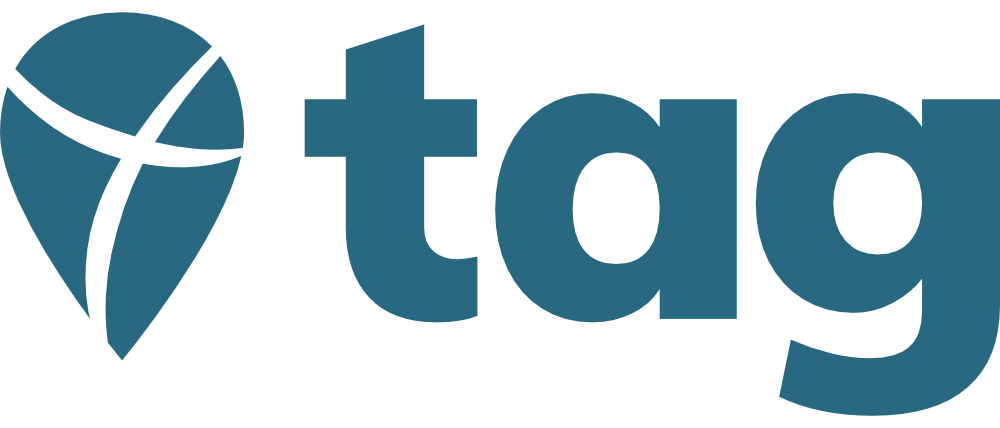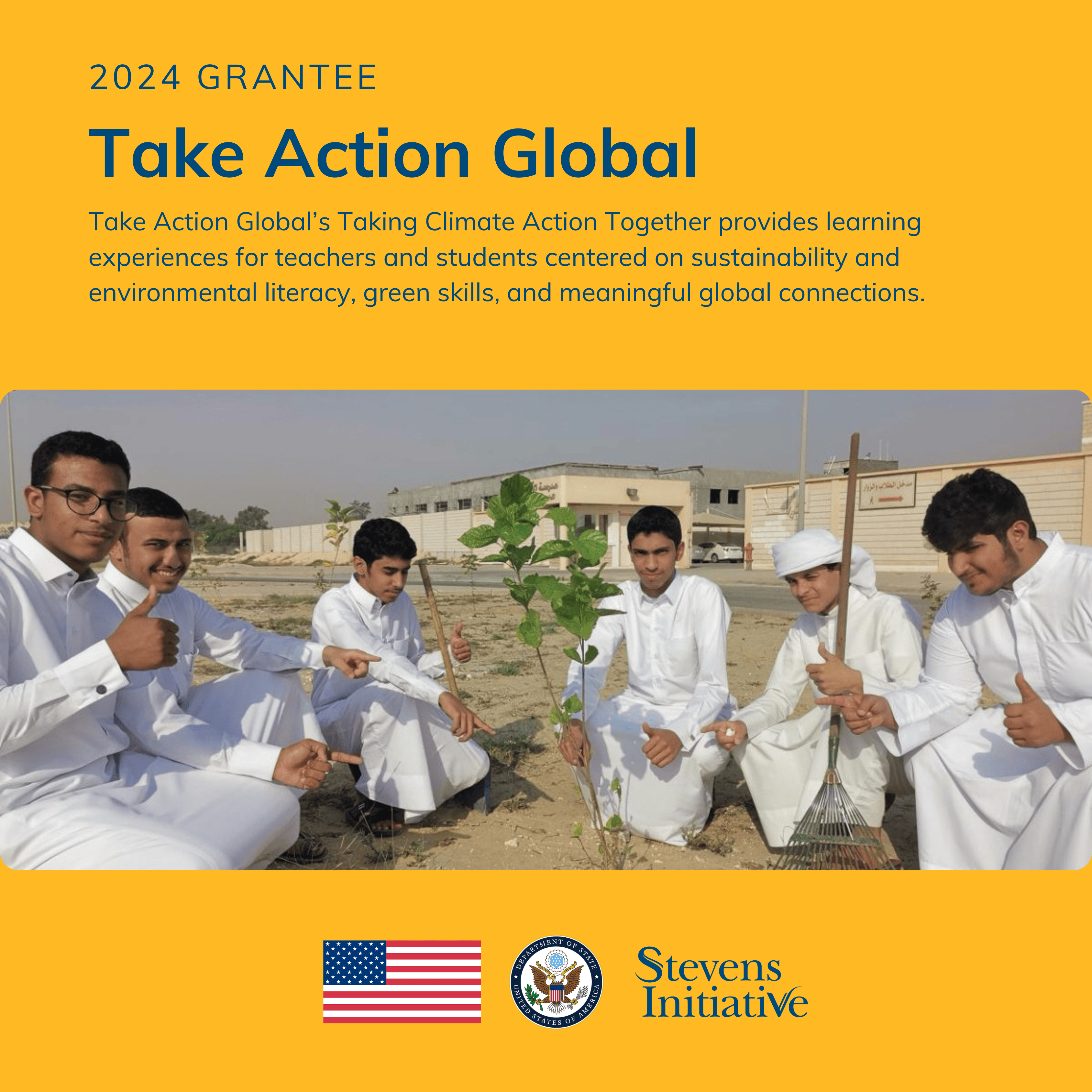Coding for Climate: Fostering Global Student Collaboration for Environmental Action
By Daniel C. Timbal, Community Engagement Coordinator, Philippines
I’m Daniel, a teacher from the Philippines. In 2018, I started the borderless classroom program in my classes, which connected classrooms globally. Surprisingly, this initiative led to a transformative collaboration to empower our students and ignite their passion for environmental action.
Last month, I led my students through a transformative journey of collaboration and innovation with Korean teachers Jhooyun Kim and Yejin Kim from Bongdam High School. We embarked on a Collaborative Online International Learning (COIL) with the Coding4Climate initiative from Take Action Global, uniting our students to tackle pressing environmental issues.
Connecting Across Cultures
The COIL collaboration with our Korean counterparts was marked by excitement and curiosity for the Coding4Climate Project. We started with virtual introductions—learning the rich cultural history of both countries. Witnessing the cultural exchange unfold effortlessly was heartening, laying the groundwork for meaningful collaboration and preparing for the project.
Fostering Collaboration and Creativity
As the project gained momentum, in its second week, students engaged in research, brainstorming, and ideation sessions tackling the four main issues that represent their leagues (Energy, Ocean, Water, Land). Guided by our shared commitment to environmental conservation and the resources provided by the Coding4Climate website, the students explored innovative solutions to address climate change challenges affecting both our countries. Through collaborative platforms and video conferences, students exchanged ideas, refined concepts, and created solutions to their chosen problems. Both parties agreed to use Canva and Arduino to make our solutions.
Implementing Solutions Through Code
With a clear vision for their chosen environmental issues, students set out to bring their ideas to life through coding. One group worked on an automated plant watering system; another worked on energy conservation through Ecolight, an automatic lighting control system, and others with creative solutions; despite the geographical distance, students worked seamlessly together, leveraging technology to bridge the gap and amplify their impact.
Celebrating Success and Learning
As the culmination of the Coding4Climate approached, we are proud of the students’ work and prepared to showcase their projects to a global audience through the live event. Our showcase provided a platform for students from the Philippines and Korea to share their accomplishments, reflect on their learning journey, and celebrate the power of collaboration. It was a moment of pride for teachers and students alike, reaffirming the transformative potential of international cooperation in education.
As an educator, the Coding4Climate collaboration with Korea proves the power of collaborative international learning and cross-cultural exchange in tackling pressing global issues. Witnessing my students working with their online classmates from across the globe filled me with immense pride and hope for the future. Beyond learning to code and create innovative solutions to environmental problems, they cultivated empathy, teamwork, and a sense of global citizenship that will serve them well beyond the classroom.
As educators, let us continue to harness the power of global collaboration to empower our students and inspire positive change in solving global challenges in a local context.
Learn more about the Coding for Climate project and ways you and your classroom can get involved at https://coding4climate.org/.



![TAG Press Release Stevens 2024 Grantee Announcement[w:School List]](https://www.takeactionglobal.org/wp-content/uploads/2024/06/TAG-Press-Release-Stevens-2024-Grantee-AnnouncementwSchool-List-80x80.png)